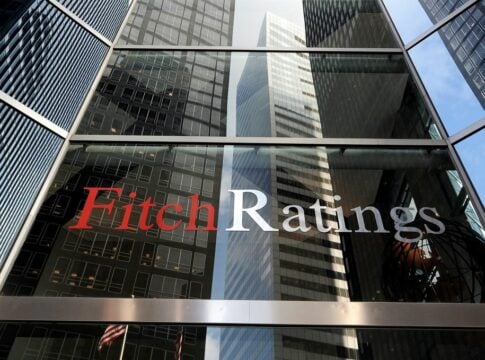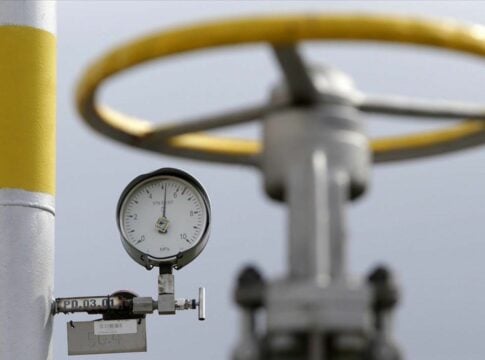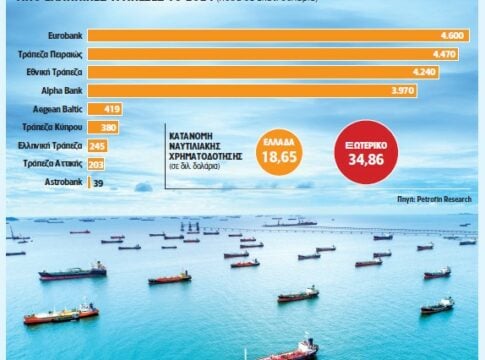The Greek state’s over-performance in terms of achieving an eight-month primary budget surplus target, which exceeded the target three-fold – 3.157 billion euros over a prescribed 917 million euros – raised eyebrows in Athens and among institutional creditors this week.
However, criticism that the Tsipras government is relying on increasingly heavy taxes, while at the same time skimping on covering arrears to the private sector and cutting back on already budgeted public investments again accompanied the announcement of the eight-month fiscal results.
Among the more than a dozen different taxes – direct and indirect – and surcharges detailed, the finance ministry said all categories reported an increase in revenue, when comparing the Jan-Aug 2018 period with the corresponding months of 2017. Increases in revenue ranged from 0.8 percent – an increase of 18 million euros in absolute terms – to 14.6 percent from various other “consumer” taxes, which brought in an additional 38 million euros.
Conversely, taxes from business profits were down by 23.7 percent (346 million euros), mostly the result of an extension given to submit tax returns. Taxes generated from individual taxpayers were down a marginal 0.6 percent, and 30 million euros in absolute terms.
In terms of returning owed money to taxpayers, tax rebates reached 2.564 billion euros, down 402 million euros from the target of 2.965 billion euros.
Additionally, the public investment program allocated 1.435 million euros over the eight-month period, down 166 million from the target.













